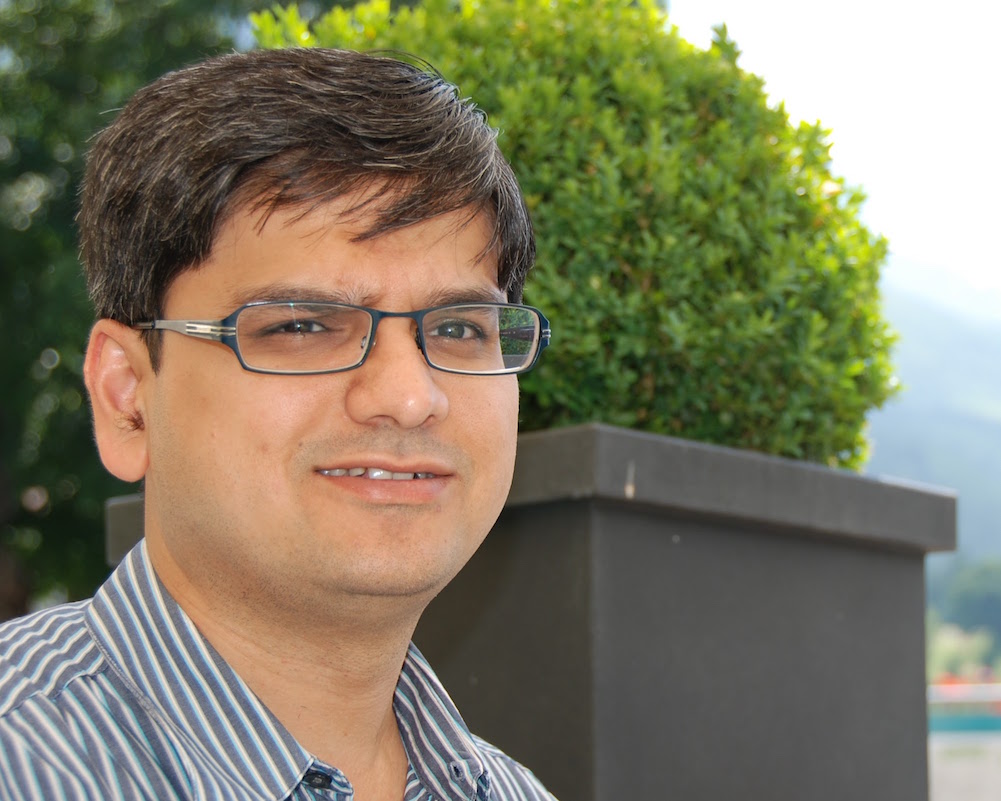ABOUT THE COURSE:
The development of fast, efficient and inexpensive computers has significantly increased the range of engineering problems that can be solved reliably. Numerical Methods use computers to solve problems by step-wise, repeated and iterative solution methods, which would otherwise be tedious or unsolvable by hand-calculations. This course is designed to give an overview of numerical methods of interest to scientists and engineers. However, the focus being on the techniques themselves, rather than specific applications, the contents should be relevant to varied fields such as engineering, management, economics, etc.
INTENDED AUDIENCE: First/Second Year UG students in any branch of engineering (or science)
PREREQUISITES: 12th standard Math background
| Course Status : | Completed |
| Course Type : | Core |
| Language for course content : | |
| Duration : | 12 weeks |
| Category : |
|
| Credit Points : | 3 |
| Level : | Undergraduate |
| Start Date : | 25 Jul 2022 |
| End Date : | 14 Oct 2022 |
| Enrollment Ends : | 08 Aug 2022 |
| Exam Date : | 29 Oct 2022 IST |
Note: This exam date is subject to change based on seat availability. You can check final exam date on your hall ticket.

Prof. Niket Kaisare is a Professor of Chemical Engineering in IIT-Madras. He works in the area of modeling, design and control for energy applications. He has over ten years of research/teaching experience in academia, and three-year experience in Industrial R&D. He uses computational software, including MATLAB, FORTRAN, Aspen and FLUENT extensively in his research and teaching.
Faculty web-page: http://www.che.iitm.ac.in/~nkaisare/
Course TAs:
Sayoni Maiti is a 2nd year PhD student and a PMRF scholar enrolled under the Interdisciplinary Programme of Mathematical Sciences at the Indian Institute of Science (IISc), Bengaluru. She is studying the interface of cancer and type 2 diabetes by understanding the effect of hyperglycemia (a condition prevalent in diabetes) on the growth, survival, and metabolism of cancer cells via both experimental and mathematical modeling techniques.
Student web-page: https://sayonimaiti.wordpress.com/.jpeg)
Rohit Kumar Singh is a 2nd year PhD student enrolled under PMRF scheme at department of Physics, IIT Madras. He's working in the area of Experimental High Energy Physics. His research involves analysing the Heavy Ion collision data from CMS experiment at CERN and understanding the properties of Quark-Gluon Plasma.
Student web-page: https://sites.google.com/smail.iitm.ac.in/rohit-s/home
DOWNLOAD APP
FOLLOW US